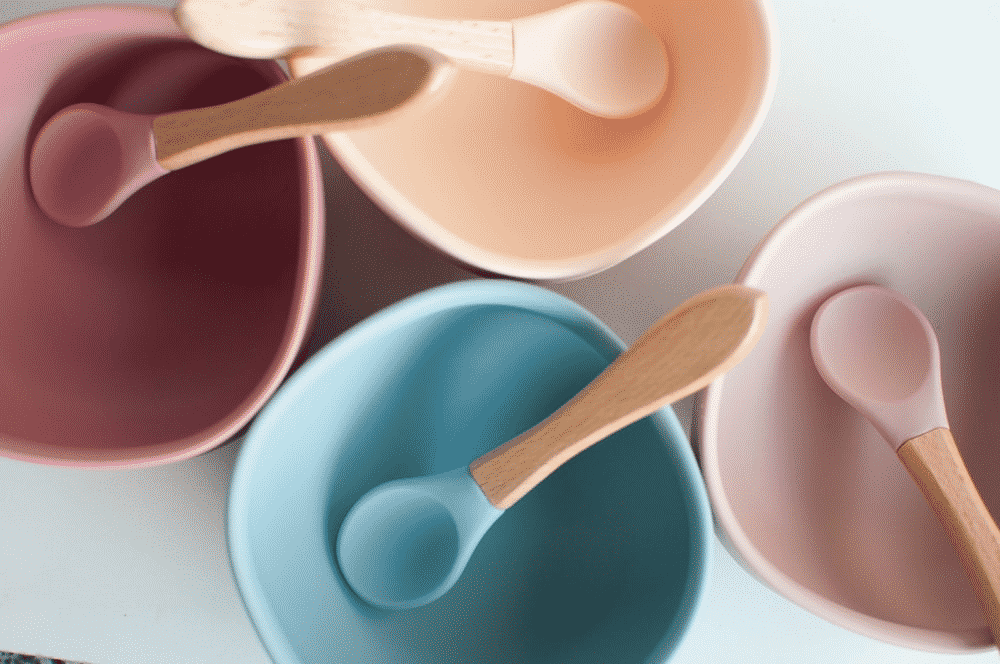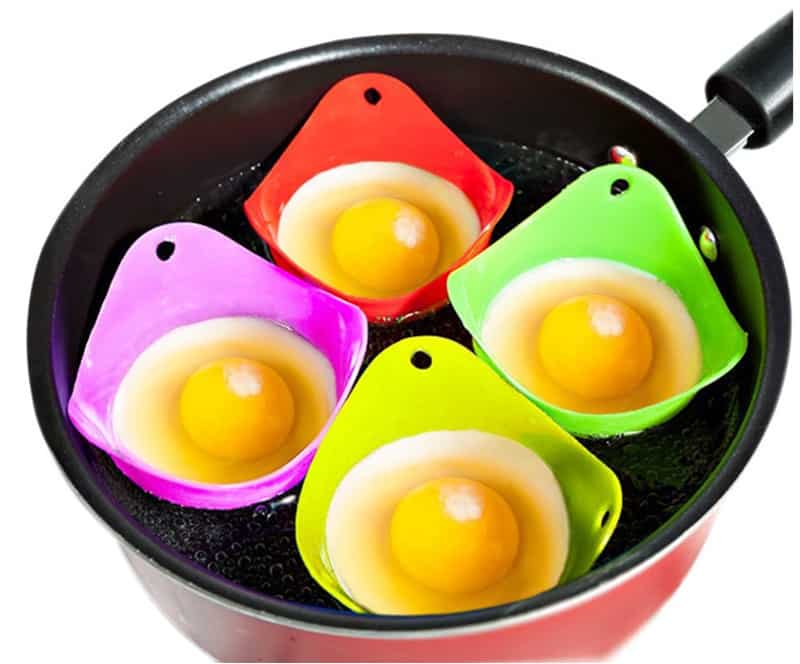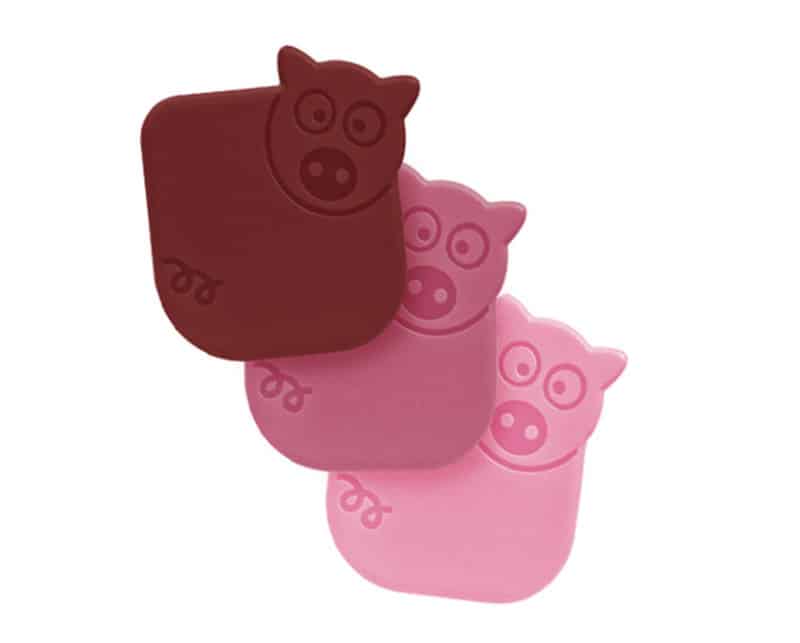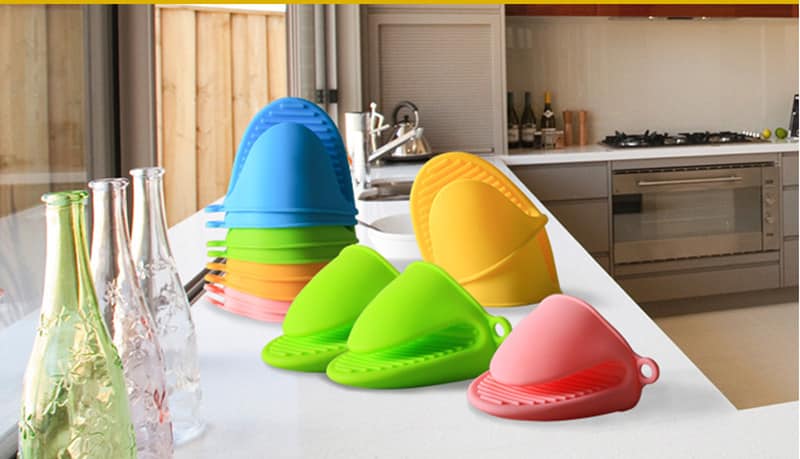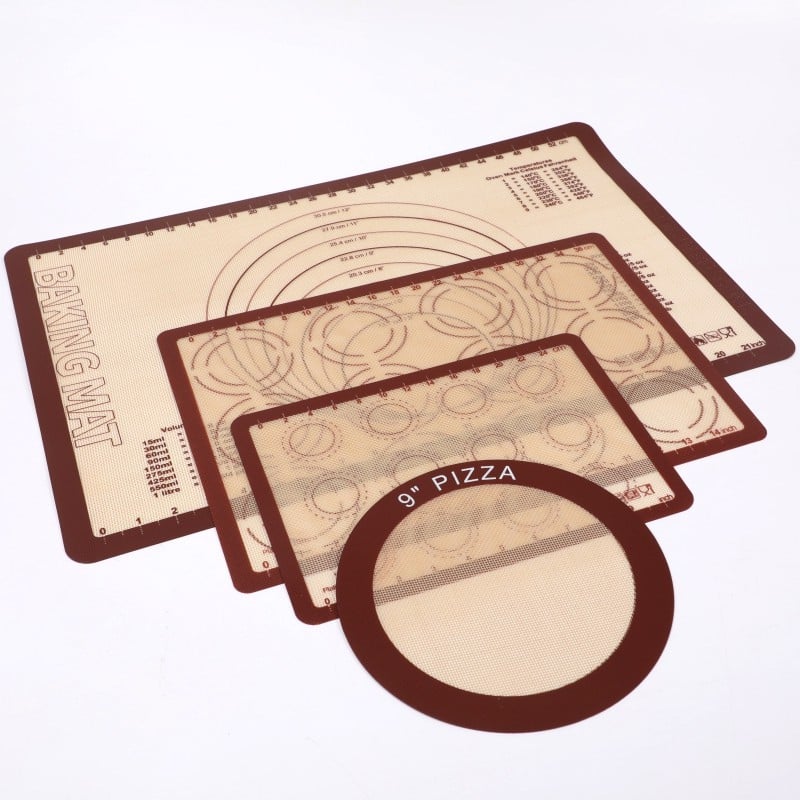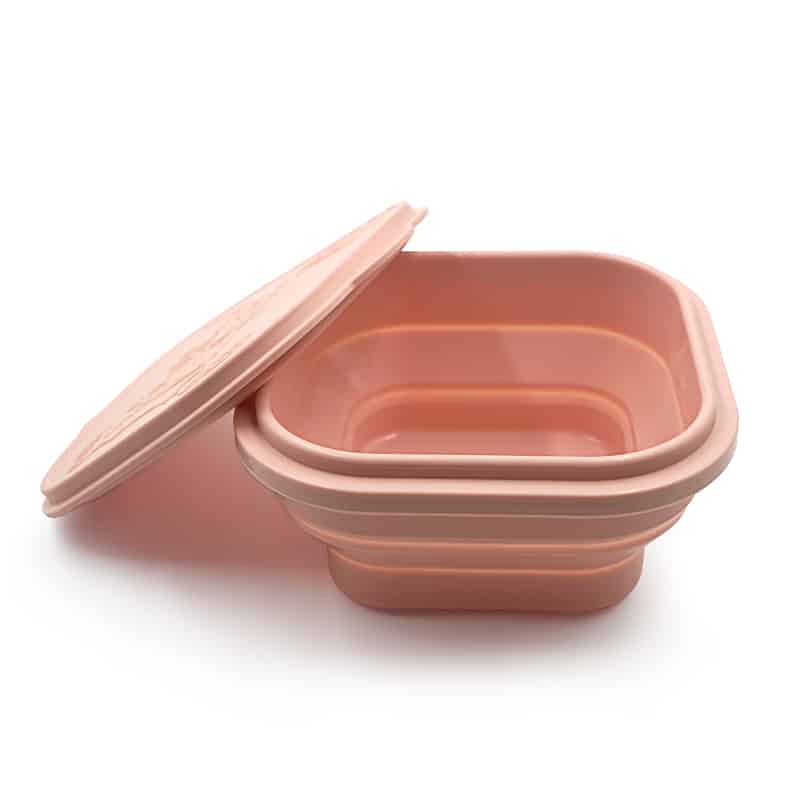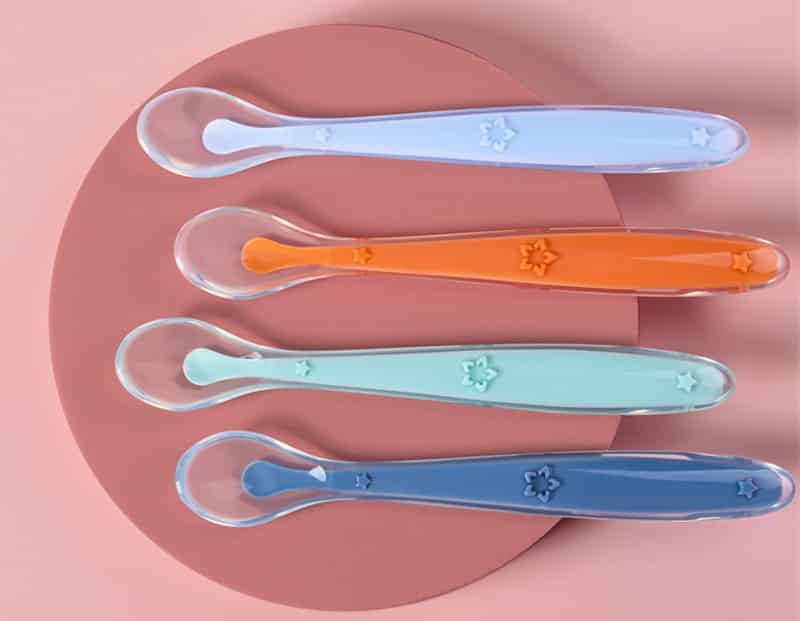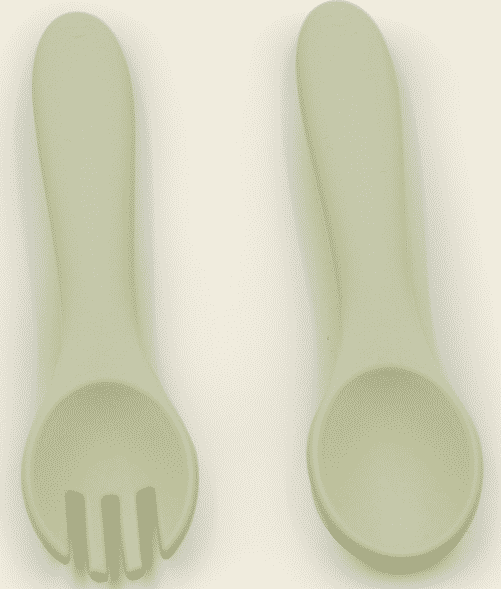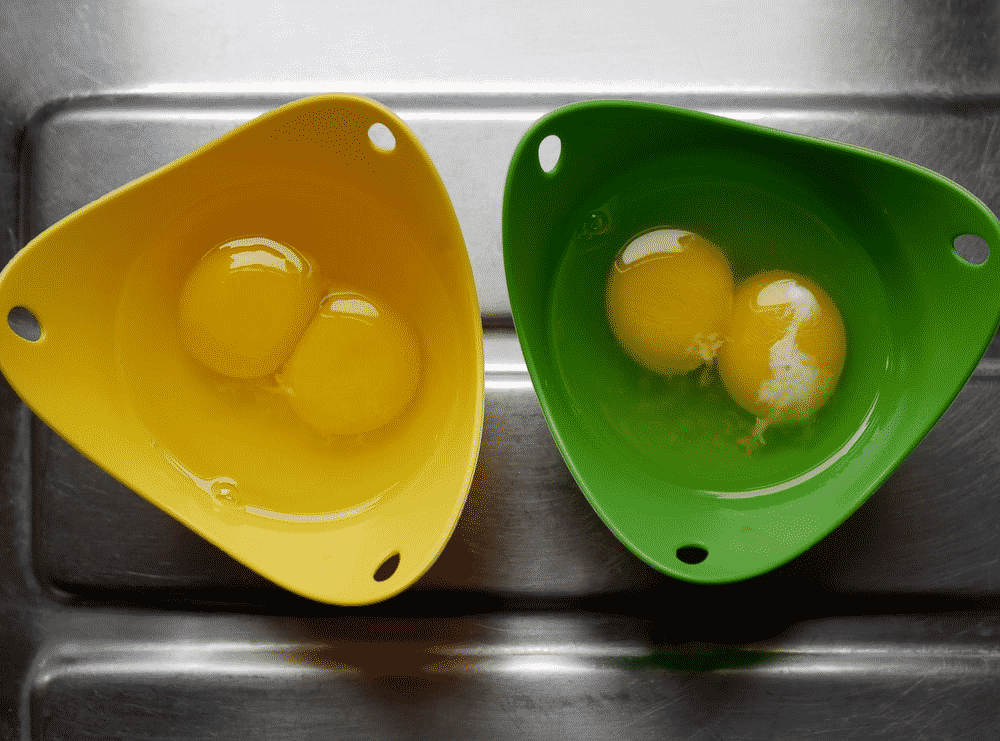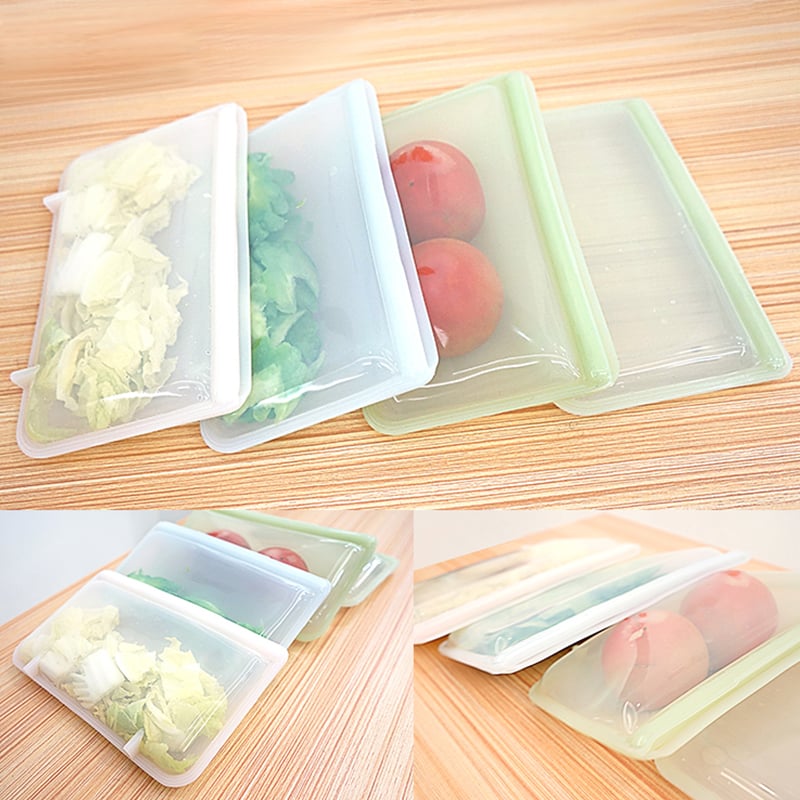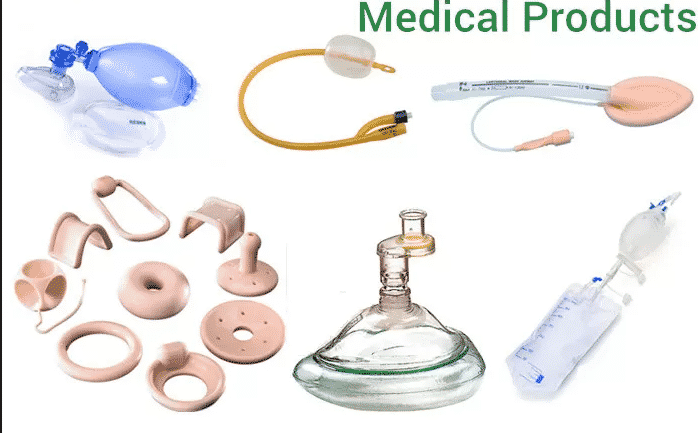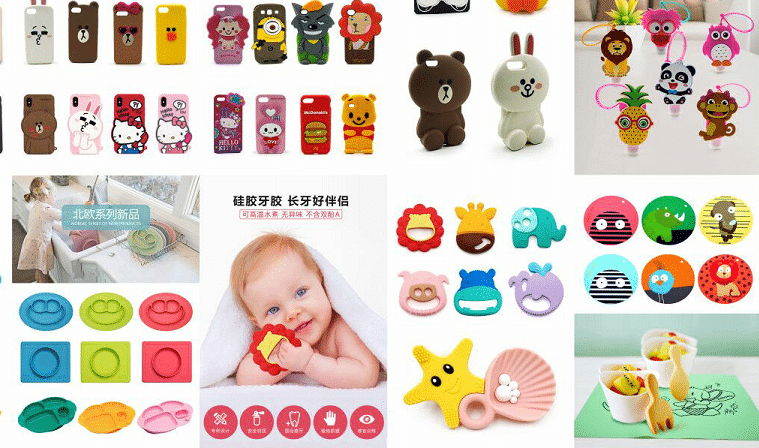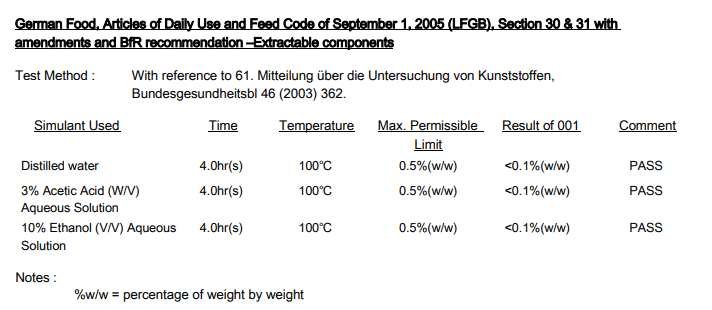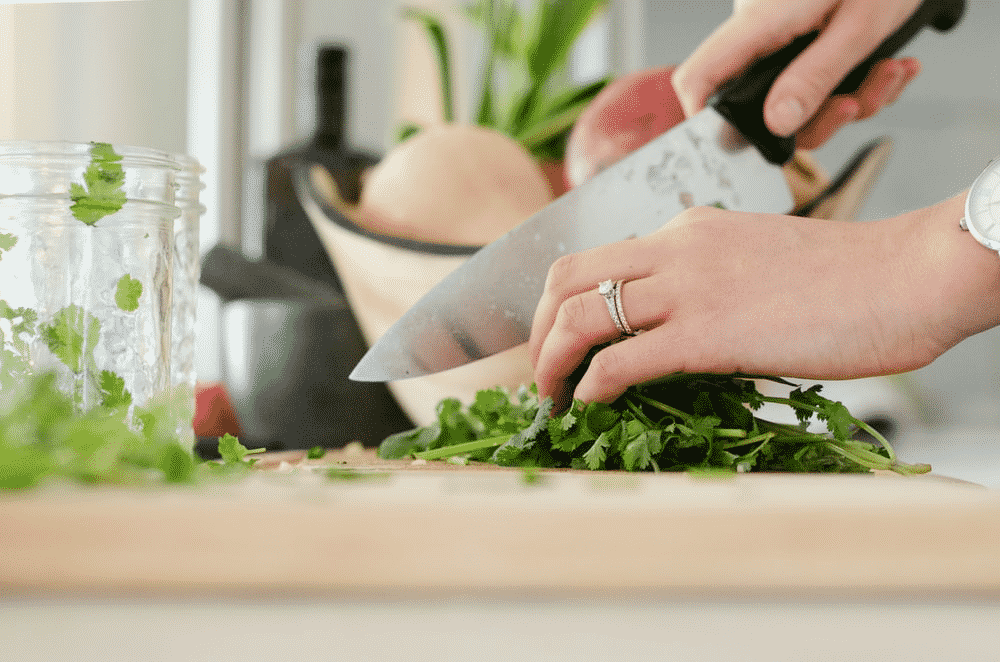Why should you turn to silicone food products?
Kitchen tools and cooking utensils are made from dissimilar materials like plastic, wood, steel, and aluminum. In recent years, silicone kitchen tools have been presented on the market. What makes this silicone merchandise diverse or more beneficial than the others? Why should we make use of silicone kitchen tools? Is it harmless to utilize these products?
What is silicone cookware?
Silicone is an artificial ‘rubber’ that encompasses fused silicon and oxygen, and, in some circumstances, carbon. While these are natural components and fused silicon is copious in the sand in addition to rock, silicone bakeware can cover all means of additional materials aside from oxygen, silicon, and carbon. As a result, it is brought into being in a wider variety of forms and practices, such as:
- a sealant that is utilized in building structure and upkeep
- grease that is being used in plumbing which helps stop the o-rings in kitchen and bathroom nozzles from dryness and rupturing
- a constituent that is frequently found in parchment paper to eliminate foods that are baked or roasted on the paper from gumming
- an element used in a quantity of non-stick sprays utilized nowadays
- as silicone rubber that is being used in the form of kitchen spatulas and spoons
Related Products
What Makes Silicone Kitchen Tools Different?
Silicone kitchen tools and cooking utensils have features that offer some benefits over their metallic, plastic, rubber, or wooden equivalents. Maximum of the silicone products come in cheerful colours. Separately from that, let’s think through their additional characteristics and see if silicone kitchen utensils are worth the hype:
Silicone cooking utensils have extraordinary heat resistance. It can endure exceptional heat (some producers assert heat resistance of nearly 600 degrees Fahrenheit). If you’re utilizing silicone turners or beaters in cooking, you don’t have to fear that it will liquefy when you fortuitously leave it in the pot a moment or two. On the other hand, non-stick turners melt when you immerse them in burning oil. Even silicone potholders are flawless for use in removing the dish from a very scorching oven.
Silicone cooking utensils are stain-impervious. This is because of the non-porous qualities of silicone. Consequently, it doesn’t preserve smells or colors when you utilize it to mix dark-coloured foodstuff like turmeric or tomato. Have you lived through how problematic it is to get rid of spaghetti sauce colours on your rubber spoon? This likewise leads the silicone products to more straightforward cleaning. Associated with the wooden spoon, which is absorbent and can hide microbial development, silicone utensils don’t upkeep such growth, making them harmless for interaction with food.
Silicone cooking utensils are like rubber. This makes them very resourceful when managing non-stick surfaces. It cannot scrape or harm non-stick cooking pots and saucepans as wooden or metallic spoons do. This suppleness makes it as expedient as the rubber spatula in rubbing clean those cake mixes of the bowl!
Silicone cooking utensils are not corrosive and are resilient. Food grade silicone is very non-toxic to use in any food. It does not bond with food or drinks or create any dangerous fumes, unlike some metals, which may rust when subjected to particular acids in food. It does not respond damagingly to experiencing heights of temperature. This means that it will undoubtedly last longer than more kitchen apparatuses.
Silicone cooking utensils are non-toxic to use. In The Safe Use of Cookware comment by Health Canada, it is stated that “There are no identified health hazards related to the usage of silicone cookware.”
Looking at the potential mentioned above of silicone kitchen tools, you will get your money’s value when you ruminate about buying these items for usage in your kitchen.
Extra Observations Before Buying Silicone Kitchen Tools
When purchasing anything, it is a decent idea to think through some points to make it unquestionable that you’re buying excellent products. In the case of silicone kitchen tools, keep these in mind:
- Contemplate the reason for buying silicone kitchen tools. For example, some individuals have criticisms that silicone spatulas work terrific for flattening out the cookie dough or mixing from the container, but they are not inflexible enough for additional cooking purposes. Keep down pat that these are rubber-like, so they might not be suitable for sautéing, particularly when you need to pierce in meat whilst food preparation.
- Assess the handle. Silicone handles will likely be droopy or soft, so they might not provide the power you need while cooking, particularly when exposed to high temperatures. You might consider silicone kitchen tools with extended, durable handles, possibly those made with metallic or hard plastic (this might be inclined to melt, however). It is finest to find out likewise from preceding customer reviews online if the handles don’t fracture to ensure that you’re purchasing decent quality utensils.
Can I use silicone kitchen utensils with hot oil?
Silicone kitchen utensils are said to endure heat equal to 600 degrees Fahrenheit (differs from the producer). Hot oil temperature spans from 350 to 375 degrees Fahrenheit (unless worked up – oil can go up in flames at 500 degrees F). Therefore, it would be correct to state that silicone kitchen tools can be utilized with hot oil.
Recommend Reading: How Safe Is Using Food-Grade Silicone In Baking And High Temperatures?
Are silicone kitchen tools recyclable? Can they be reprocessed? If they’re thrown into a landfill, what happens to them?
Silicone is not decomposable. It is eco-friendly, but it isn’t easy to find a reprocessing facility that will receive it. Silicone persists a long time, and it won’t get flung away with any luck. If your silicone product becomes impracticable, it’s superior that you recycle it in some additional way. If they’re tossed into a landfill, they will be less likely to leak toxins since silicone is relatively inert compared to plastic.
Fundamentally, as long as you’re not placing silicone in the furnace (or the dishwasher), you’re possibly okay to utilize these products. Just commit to memory to ‘cure’ the silicone molds in the oven primarily and clean them carefully before using them for any cooking tasks.
Technical Related
About Author: Z.S.R International Group
Z.S.R International Group(Hong Kong) co., Limited, is a one-stop supplier for molded silicone products and silicone products molding solution provider in the consumer products field. We offer OEM services from silicone product design to Silicone products contract manufacturing. We have the capability for custom silicone tooling, LSR(Liquid silicone Rubber) molded silicone products, solid silicone molded products, molded silicone multi-colored products. We also can custom molded silicone, custom molded LSR, custom molded dripping injection dispensing(co-injection) silicone multi-colored products.


